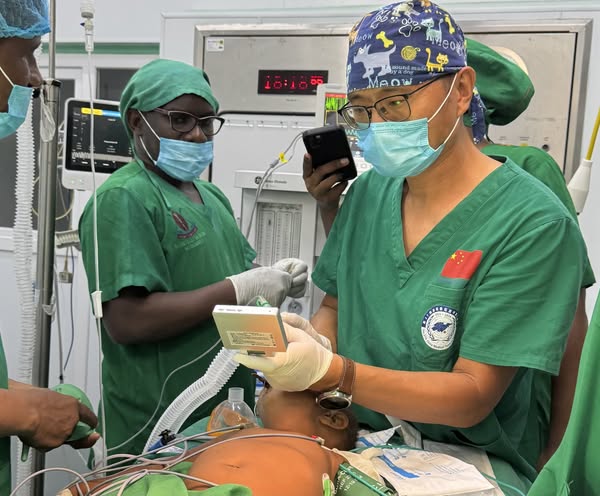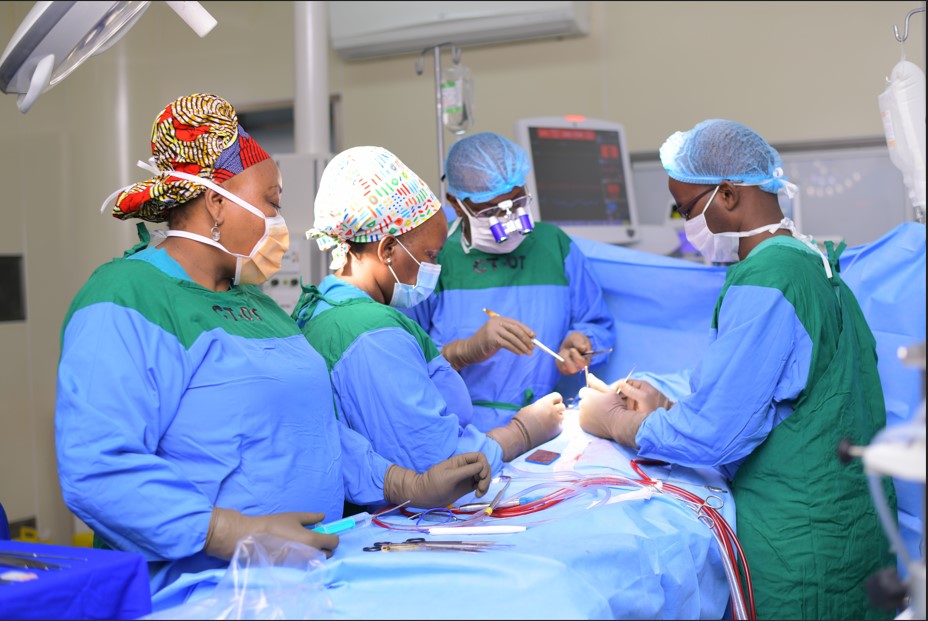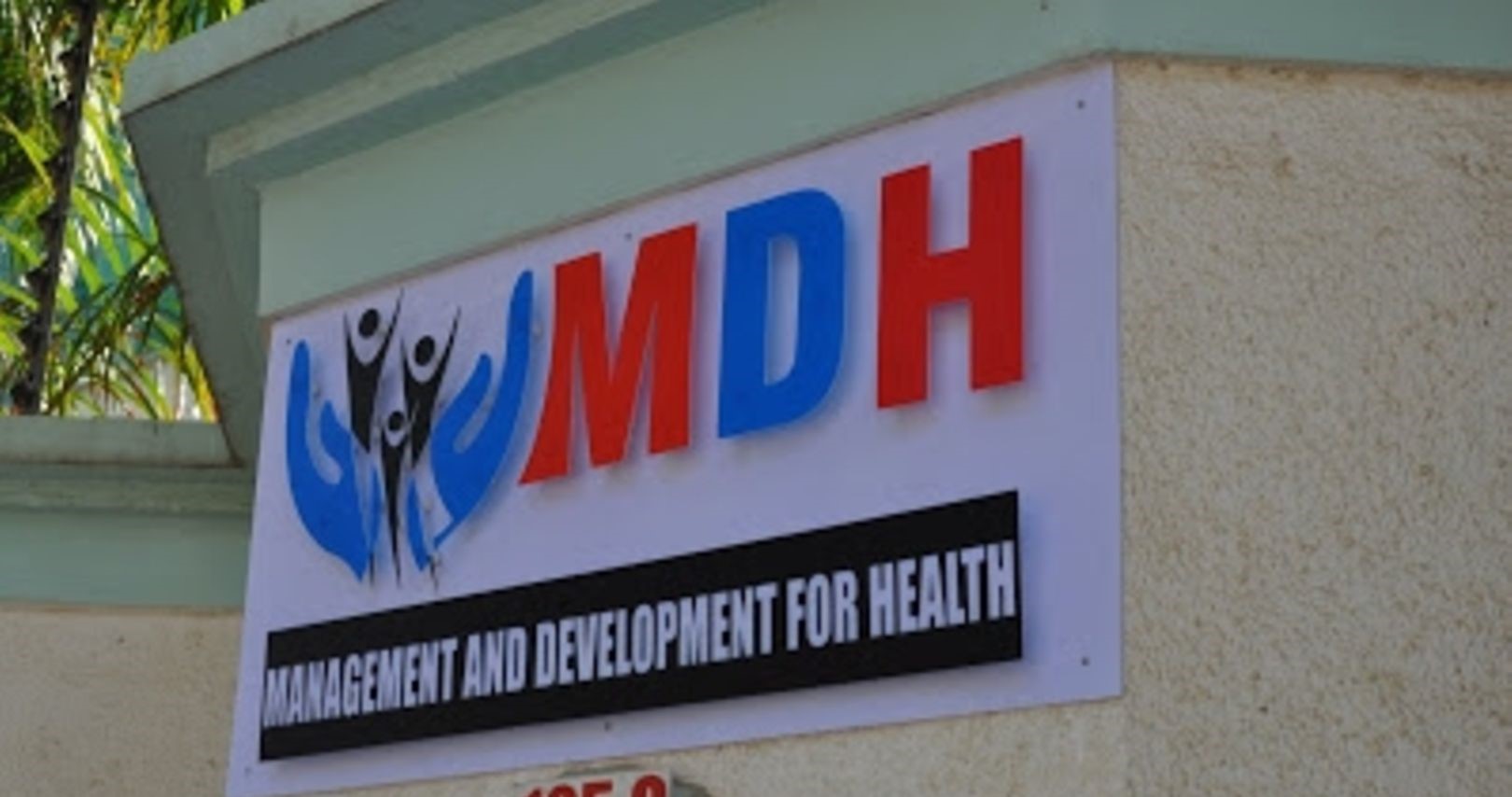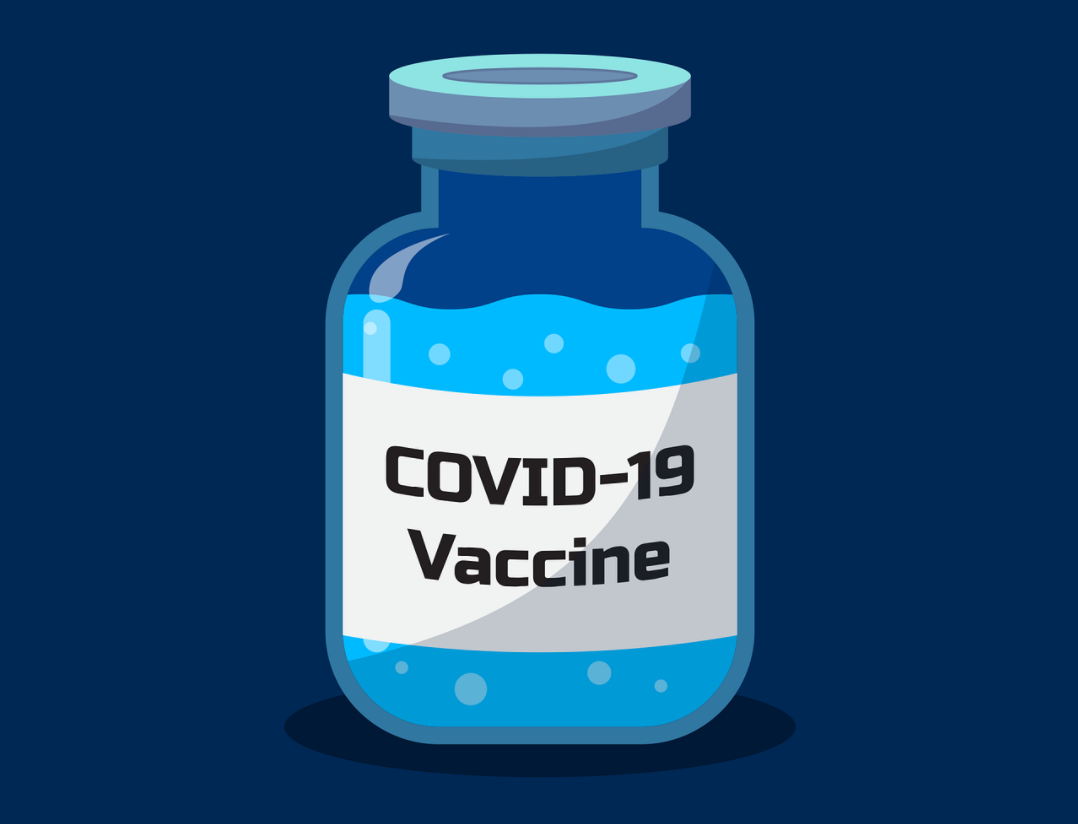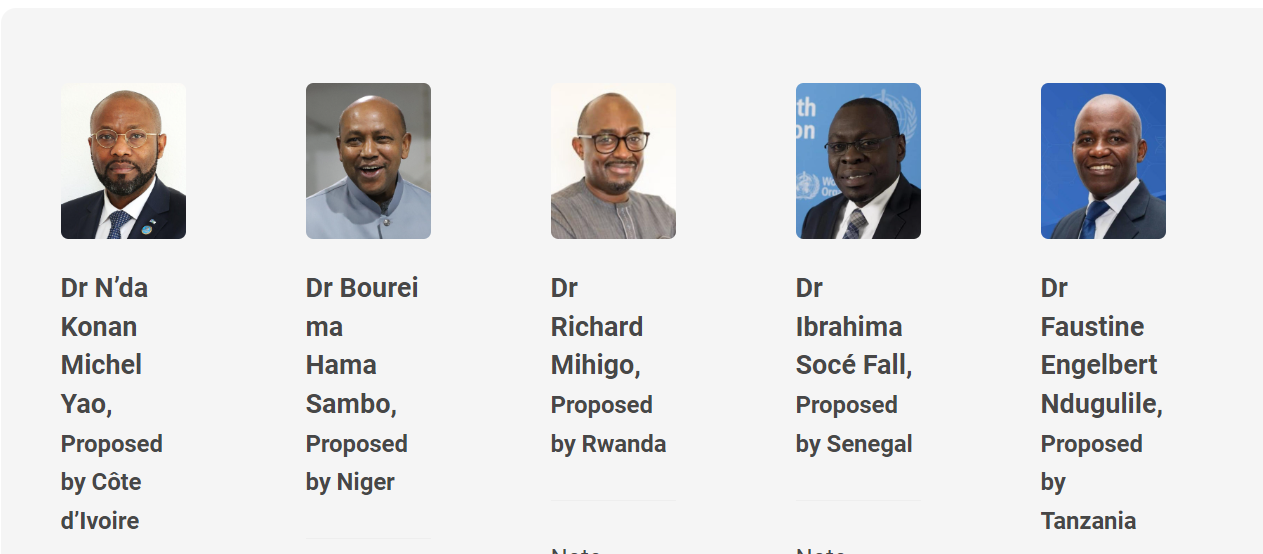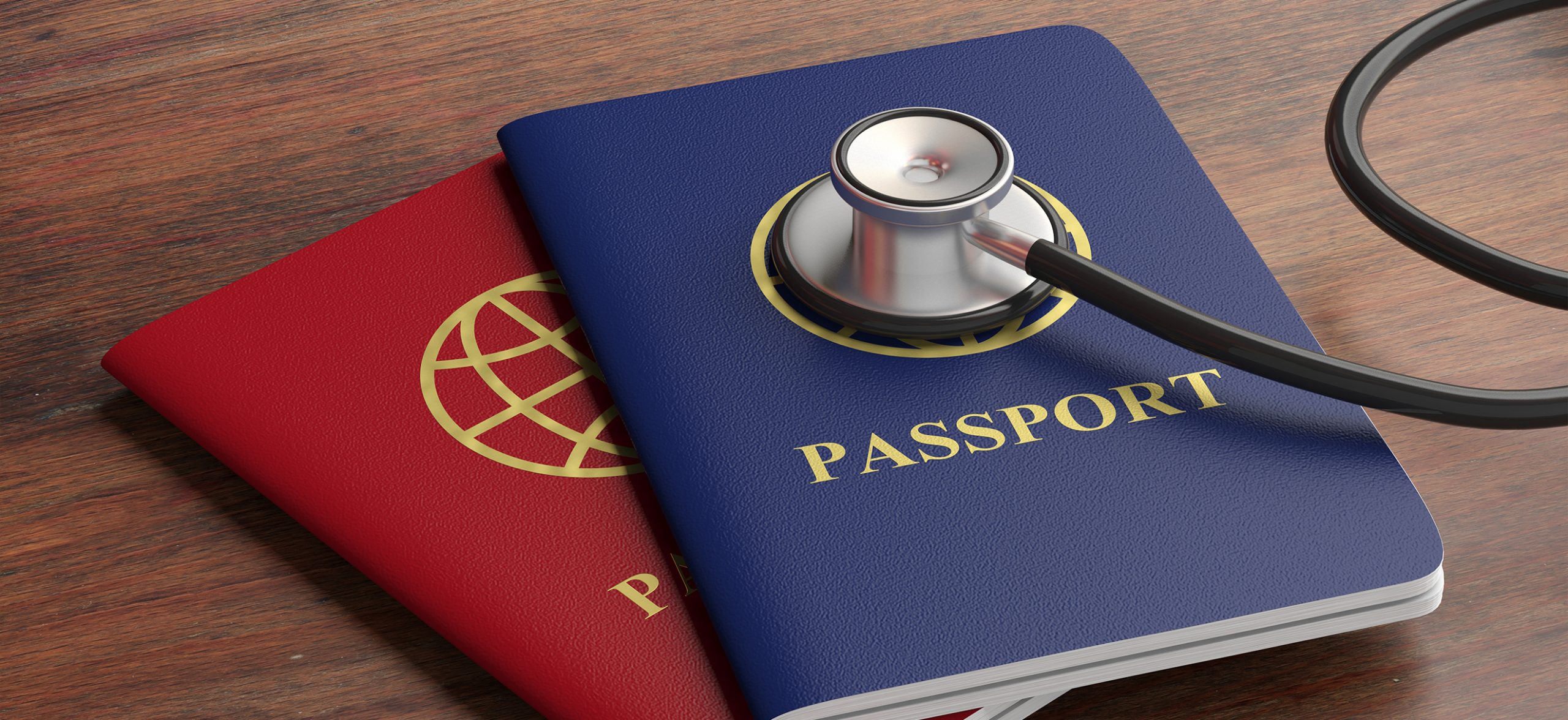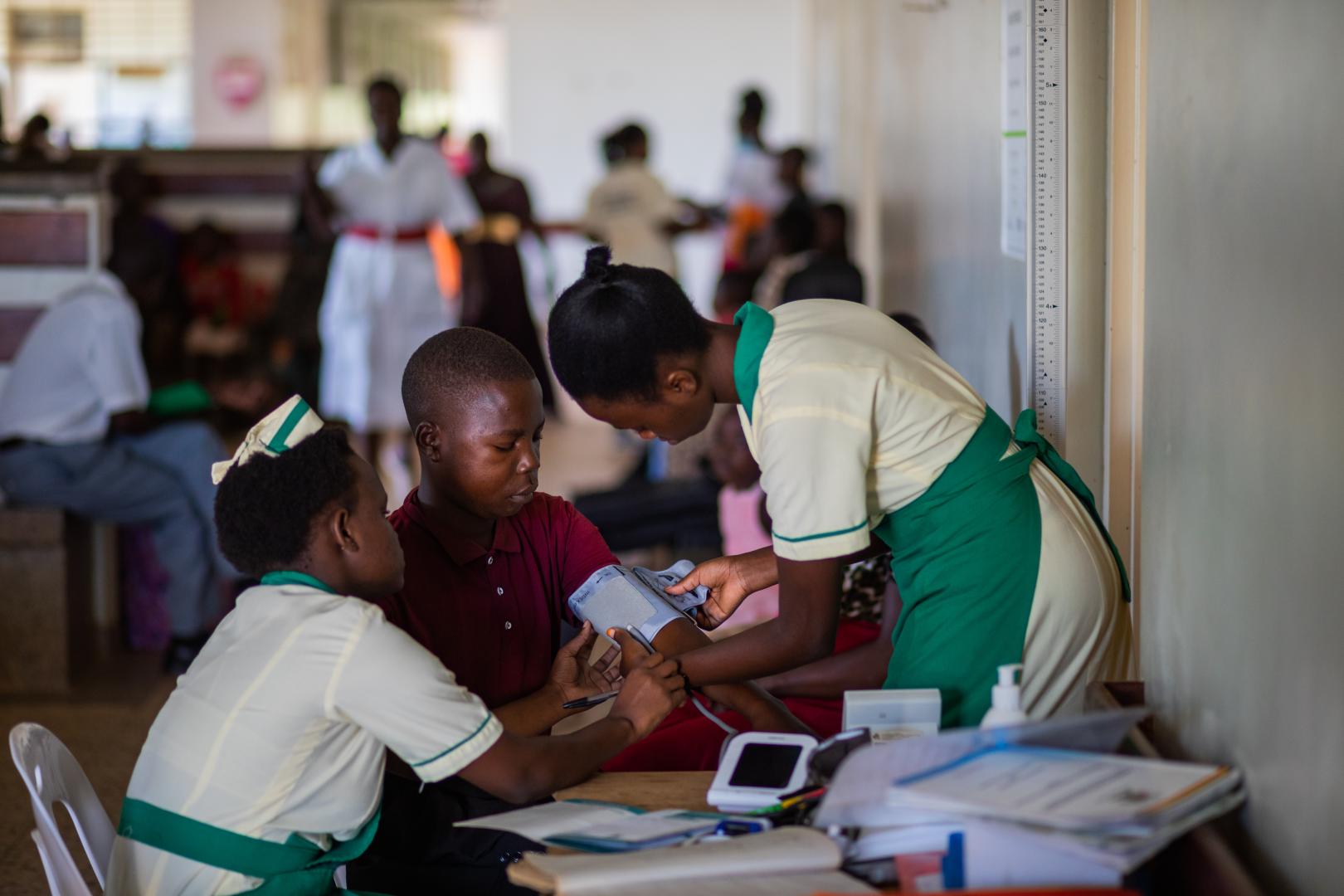Tanzania’s health minister Dr Dorothy Gwajima has officially ruled out government plans to secure COVID-19 vaccines; days after the president of the country claimed “vaccines are not a good thing.”
The World Health Organization (WHO)-Africa Director Dr Matshidiso Moeti last week urged Tanzania to embrace vaccines. She emphasized, “Science shows that #VaccinesWork and I encourage the government to prepare for a COVID vaccination campaign.”
Read: WHO-Africa counsels Tanzanians over COVID-19 vaccines
However, the country’s health minister Dr Gwajima confirmed, “The ministry of health does not plan to receive the COVID-19 vaccines that have been reported to be available and used in other countries,” as she further stressed on government procedures that are followed in procuring health products.
She made the statement in the country’s capital city Dodoma on Monday February 1, which is weeks after church leaders and some individual government officials started urging the public to take precautions against “a possible second wave of coronavirus,” in the country.
Dr Gwajima, however, did not confirm the presence of COVID-19 cases in Tanzania but stated that she has been compelled to make a public statement after journalists kept demanding answers on what measures should be taken to prevent communicable and non-communicable diseases.
She added, “Following reports of the presence of the second wave of coronavirus outbreak in neighboring countries, I have been receiving many questions, people asking me if the ministry plans to receive the COVID-19 vaccine and what they should do to protect themselves from the coronavirus.”
“Regarding COVID-19 precautions, citizens should focus on the education provided by health professionals, such as improving personal hygiene through hand washing with running water and soap, using sanitizer, having good nutrition, not smoking, exercising regularly and using traditional medicine,’’ said the medic.
The official narrative in Tanzania has been that the country is ‘coronavirus-free’ after the president declared it so in June 2020.
Since then, there has been no official update on epidemiological data about the pandemic. By May last year, 509 cases had been recorded and 21 deaths.
Testing for the virus is currently only done for people seeking COVID-19 certificates to travel abroad.
Read: Tanzania issues new COVID-19 testing guidelines for travelers
The WHO Director General Dr Tedros Adhanom Ghebreyesus last week urged the Tanzanian government to share data on COVID-19.
“Data-sharing by #Tanzania is also key, with cases surfacing among travelers and visitors over the months,” he said, echoing Dr Moeti’s remarks on the importance of vaccines.
COVID-19 is a sensitive topic for the media and the public in general following the passing of new online regulations in the country.
In July 2020, the Tanzania Communications Regulatory Authority (TCRA) published the online content regulations, 2020 which classify as prohibited, “Content with information with regards to the outbreak of deadly or contagious diseases in the country or elsewhere without the approval of the respective authorities.”
As the viral pandemic continues spreading across the African continent fuelled by the new variants of the virus, countries have turned their focus on vaccines. South Africa, Nigeria, Kenya, Morocco, Algeria, Egypt and Tunisia are some of the countries on the continent that are at various stages of ordering and administering COVID-19 vaccinations to their populations.
The African Union (AU) recently announced that it has provisionally secured 270 million doses of COVID-19 vaccines for all its 55 member states through its African Vaccine Acquisition Task Team (Avatt).
However, the AU plans come at a time when Tanzania has chosen a different path, after President John Magufuli, a chemist, contradicted the global medical consensus on vaccination.

